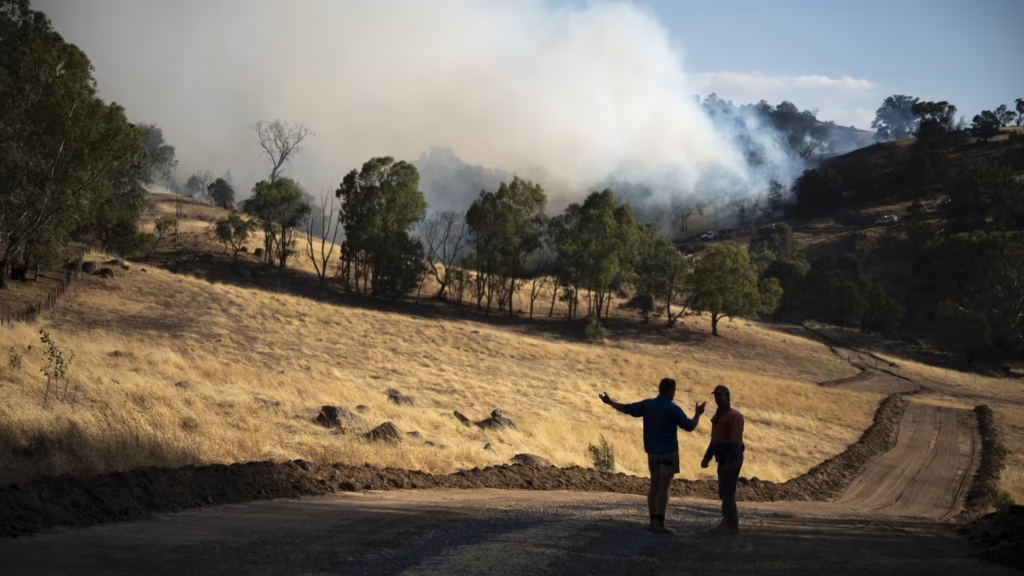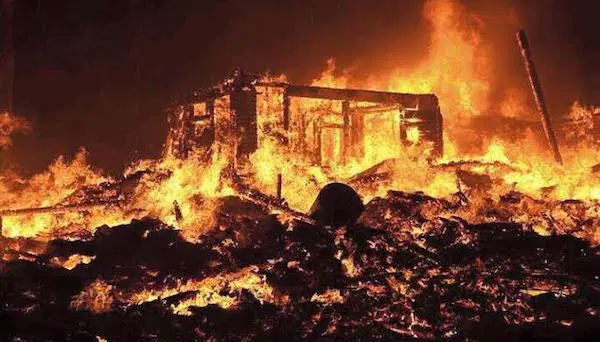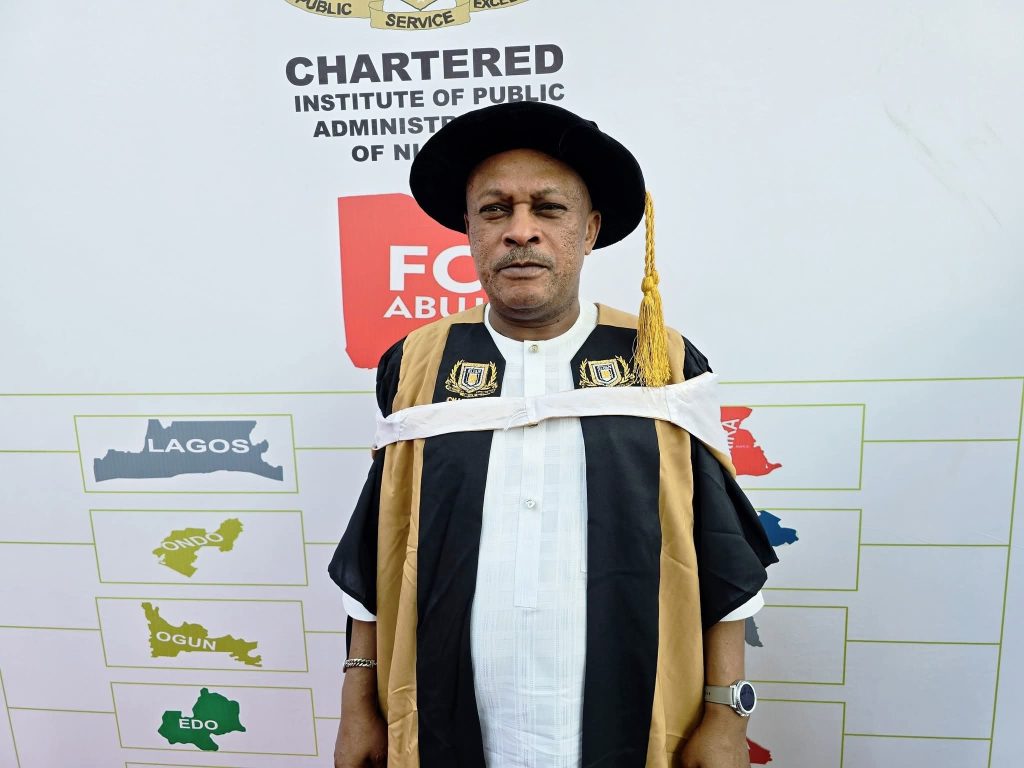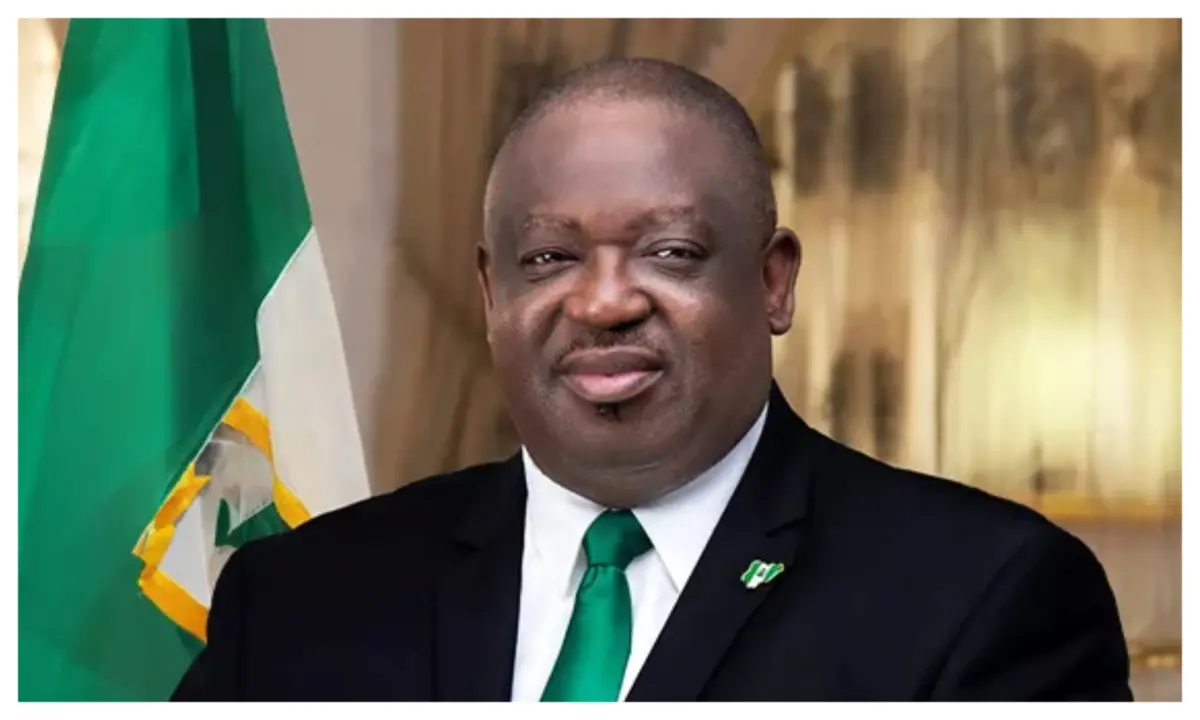Now Reading: ‘Humanity Has Failed’: UN Chief Warns 1.5°C Climate Target Already Missed, Calls for Urgent Global Reset Ahead of COP30
-
01
‘Humanity Has Failed’: UN Chief Warns 1.5°C Climate Target Already Missed, Calls for Urgent Global Reset Ahead of COP30
‘Humanity Has Failed’: UN Chief Warns 1.5°C Climate Target Already Missed, Calls for Urgent Global Reset Ahead of COP30
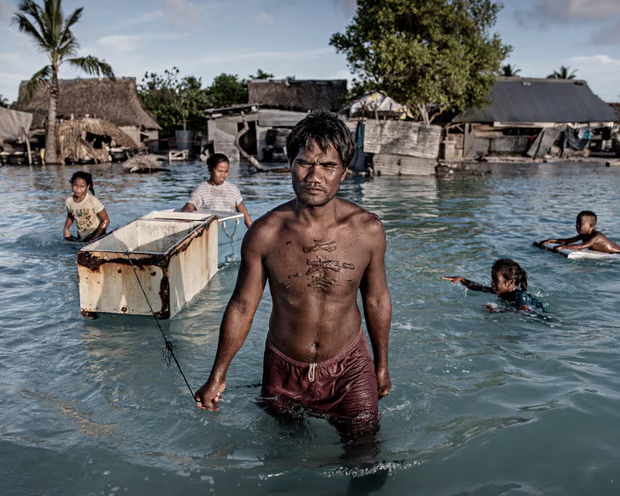
The United Nations Secretary-General, António Guterres, has issued his starkest warning yet on the global climate crisis, declaring that humanity has “failed” to keep global warming within the 1.5°C limit set by the Paris Agreement.
In an exclusive interview with The Guardian and Sumaúma, Guterres said it is now “inevitable” that the world will overshoot the crucial threshold, triggering “devastating consequences” for ecosystems and communities across the planet.
“Let’s recognise our failure,” Guterres said. “The truth is that we have failed to avoid overshooting above 1.5°C in the next few years. And that going above 1.5°C has devastating consequences. Some of these include tipping points — in the Amazon, Greenland, western Antarctica, and coral reefs.”
The UN chief’s remarks come ahead of next month’s COP30 Climate Summit in Belém, Brazil, where world leaders are expected to reassess global commitments to cut emissions. Guterres stressed that the summit must mark a “change of course” to minimise the duration and impact of the overshoot.
“It is absolutely indispensable to change course to ensure the overshoot is as short and as low as possible,” he warned. “We don’t want to see the Amazon become a savannah. But that is a real risk if emissions aren’t dramatically reduced.”
Data from the UN shows that fewer than one-third of nations—just 62 out of 197—have submitted their updated climate action plans, known as Nationally Determined Contributions (NDCs). According to Guterres, the current commitments will only cut emissions by 10%, far below the 60% reduction needed to stay within the 1.5°C limit.
He criticised governments and corporations for prioritising profit over planet, saying: “We all know what the lobbyists want — to increase their profits, with the price being paid by humankind.”
In a historic first, Guterres granted this interview to an Indigenous journalist, Wajã Xipai, from Brazil’s Xipai community. He emphasised that Indigenous peoples must play a central role at COP30, describing them as “the best guardians of nature.”
“It is fundamental to invest in those who are the best guardians of nature — and those are Indigenous communities,” he said.
The Brazilian government is expected to unveil a $125 billion initiative called the Tropical Forests Forever Facility, aimed at protecting standing forests, with 20% of the funds going directly to Indigenous territories.
Despite frustrations with the slow pace of global progress, Guterres defended the COP system as essential for collective accountability.
“The alternative is a free-for-all,” he said. “And we know what that means — a small privileged elite and rich companies able to protect themselves while the planet burns.”
As his second term as UN Secretary-General nears its end, Guterres said he would continue to push for climate justice:
“I will never give up on my commitment to climate action, to biodiversity, and to protecting our mother nature.”

